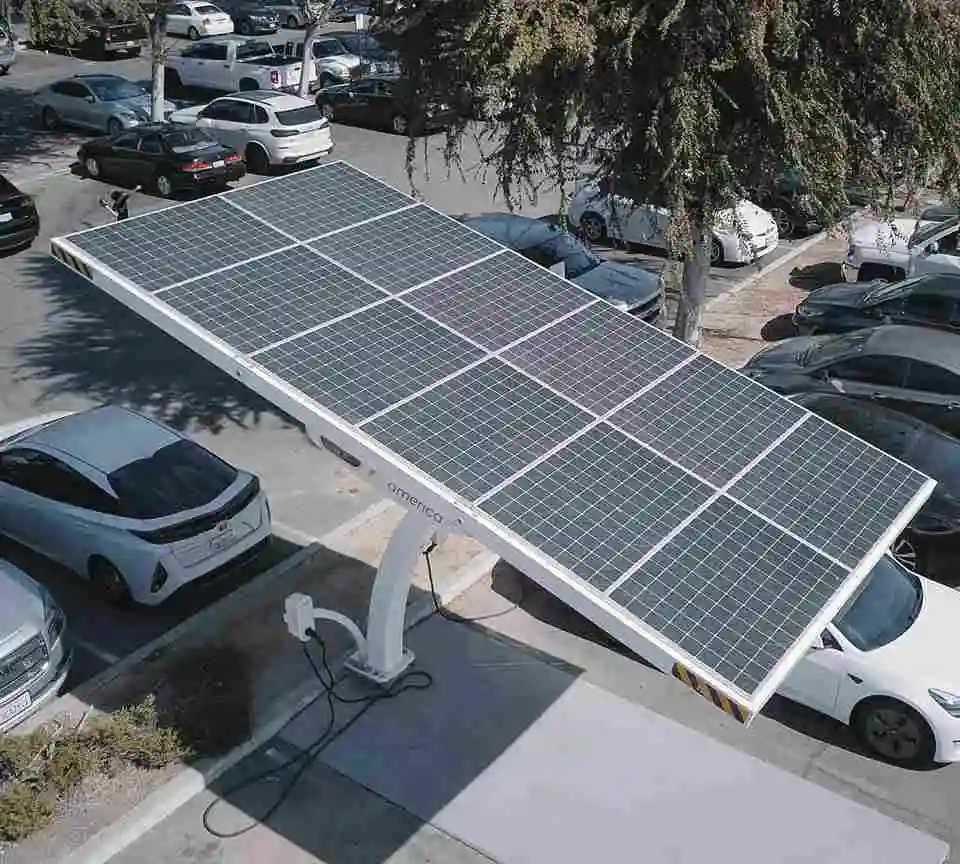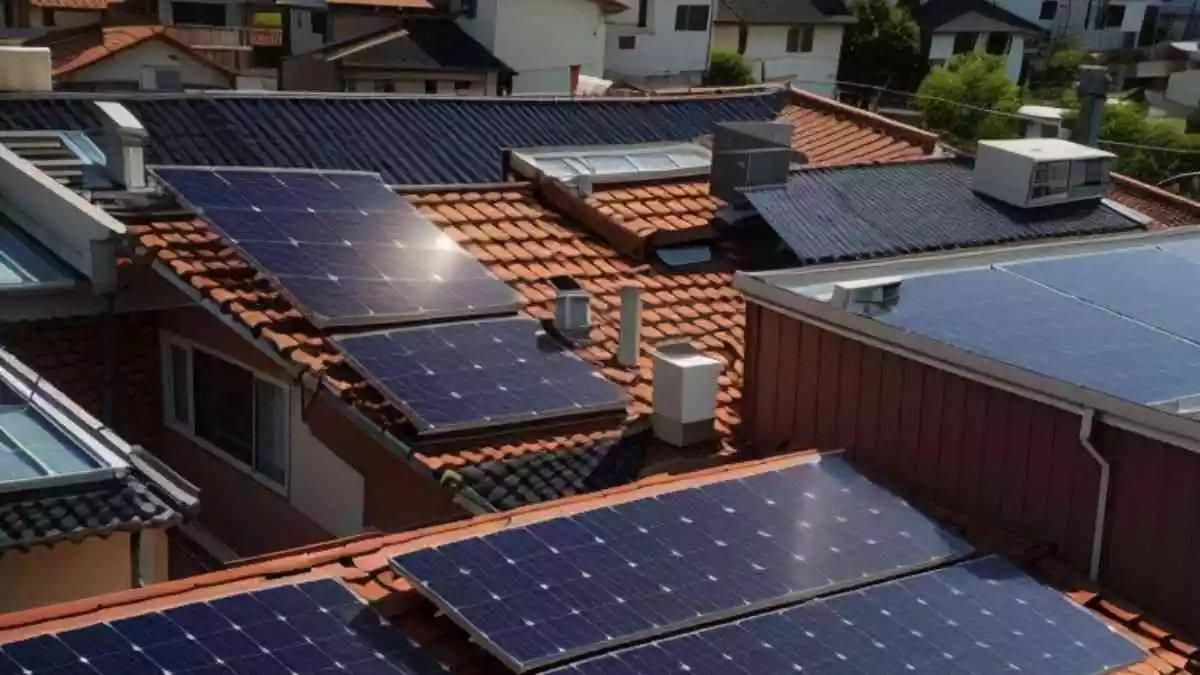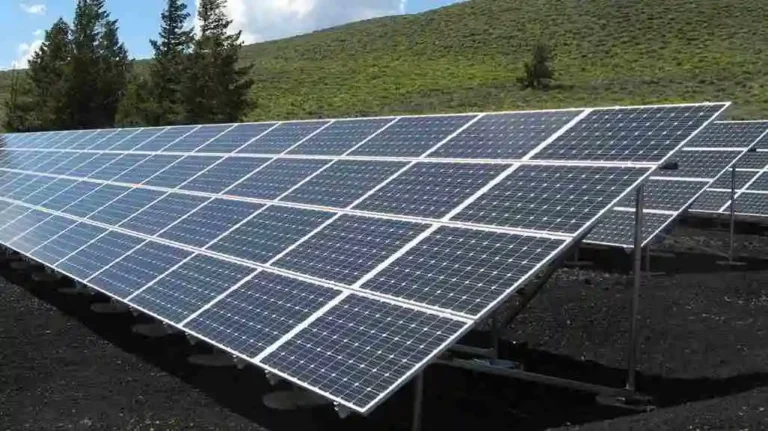Solar energy has emerged as a light of hope in an era of growing environmental concerns and the search for sustainable energy sources. This article will go into the multiple significance of solar energy, examining its different advantages for the environment, economy, and humans. You can check new trends in renewable energy technologies.
Solar power is a major component in paving the road for a better future, from lowering carbon footprints to increasing energy independence.
The Role Of Solar Energy In Environmental Conservation
It plays an important role in environmental conservation by offering a clean and renewable energy alternative. With the Earth’s natural resources depleting at an alarming rate, the utilization of solar power can significantly reduce our carbon footprint.
Economic Advantages of Harnessing Solar Power
- Job Creation: The solar energy sector provides ample employment opportunities, ranging from research and development to installation and maintenance of solar panels. This industry growth contributes to economic stimulation.
- Energy Cost Savings: As the cost of traditional fossil fuels continues to fluctuate, solar power offers a stable and cost-effective solution. Individuals and Businesses can enjoy reduced electricity bills over the long term.
- Government Incentives: Many governments worldwide provide incentives such as tax credits and grants to encourage the adoption of it. This not only benefits consumers but also supports economic growth.
Also Read: What Are Geothermal Power Plants?

Environmental Impact: Reduction of Carbon Emissions
Solar power is a major player in the global fight against climate change. By generating electricity without emitting harmful greenhouse gases, it significantly reduces carbon emissions. This transition to clean energy sources is critical to mitigating the effects of global warming and creating a sustainable planet.
Improved Grid Resilience and Energy Distribution
- Decentralized Energy Generation: Solar panels on rooftops and in communities contribute to decentralized energy generation. This enhances grid resilience, as power generation is spread out and less susceptible to large-scale failures.
- Reduced Transmission Losses: Traditional energy sources require extensive energy transmission infrastructure, leading to losses during distribution. Solar power reduces these losses by generating electricity closer to the point of consumption.
- Backup Power During Disasters: During disasters and grid failures, solar panels with battery storage can provide crucial power, ensuring important services stay operating.
Promoting Technological Innovation and Research
- Advancements in Solar Technology: The pursuit of its solutions drives technological innovations, leading to more efficient and affordable solar panels, batteries, and energy storage systems.
- Research in Energy Storage: Solar energy research extends to energy storage, with a focus on developing high-capacity batteries that can store excess energy for use during cloudy days or at night.
- Integration with Smart Technologies: Its integration with smart technologies enables better monitoring, management, and optimization of energy usage in homes and businesses.

Redefining Urban Planning and Architecture
- Solar-Integrated Buildings: Architects and urban planners are incorporating solar panels into building designs, seamlessly integrating renewable energy generation into urban landscapes.
- Energy-Efficient Communities: Solar-powered communities prioritize energy efficiency, utilizing sustainable energy sources to meet the needs of residents while minimizing environmental impact.
- Net-Zero Energy Buildings: Solar energy contributes to the development of net-zero energy buildings that produce as much energy as they consume, resulting in minimal carbon emissions.
Also Read: What Are The Advantages Of Wind Energy?
Conclusion
It’s importance transcends beyond clean power generation; it influences environmental preservation, economic growth, energy independence, and technological innovation. By harnessing the sun’s limitless energy, we pave the way for a brighter and more sustainable future. Embracing it is not just a choice but a responsibility toward a cleaner and greener planet.
FAQs
How does solar contribute to reducing greenhouse gas emissions?
Solar panels generate electricity from Sun rays. It is a source of clean energy.
Can solar energy be harnessed during cloudy days?
Yes, solar panels can still generate electricity on cloudy days, although the output may be lower compared to sunny days.
How does solar technology contribute to innovation?
Research and development in solar technology lead to more efficient solar panels, energy storage systems, and integration with smart technologies.




